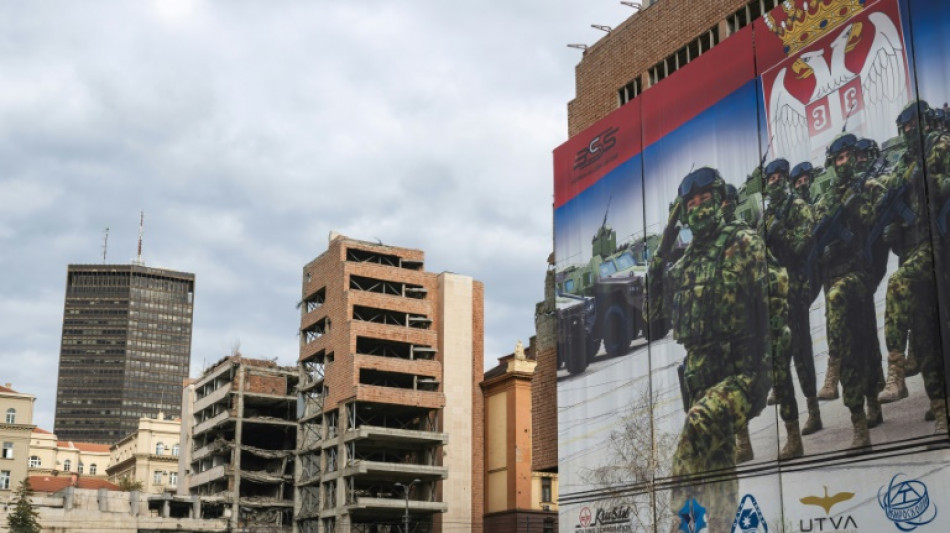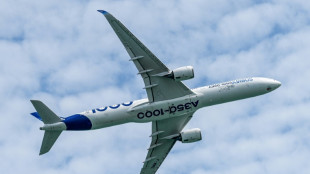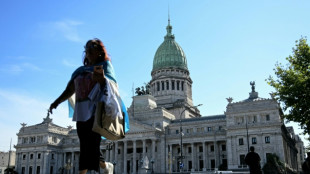
Trump family hotel project in Serbia in doubt after forgery probe

The future of a luxury property development by Donald Trump's son-in-law in Belgrade has been thrown into doubt over suspicions that documents used to revoke the site's protected status were forged.
Jared Kushner's Affinity Partners signed a 99-year land deal with the Serbian government last year to redevelop the former Yugoslav Army Headquarters, just months after its designation as a "cultural asset" was removed.
No work has yet started at the site, which has not been rebuilt since it was bombed several times in 1999 during the NATO air campaign that ended the war in Kosovo.
But on Tuesday, the prosecutor's office said it had opened an investigation into whether the document used by the government to revoke the building's protected status was forged.
The head of Serbia's Institute for the Protection of Cultural Monuments, Goran Vasic, was arrested on suspicion of "forgery of an official document" and admitted the charge in court.
He was given a restraining order barring him from contacting witnesses, the court told AFP in a statement on Friday.
The government has so far kept tight-lipped about the case but President Aleksandar Vucic, at a European leaders' summit, denied "any halt to the project plans".
"There was no forgery of any kind and we will discuss everything with everyone," he told a news conference in Tirana on Friday.
But Kushner's company Affinity Partners told AFP they had played no role in the review of the site's cultural status and that the fate of the project was now unclear.
- Opposition -
The New York Times has reported that Kushner's $500 million plan involved turning the former army headquarters into a luxury hotel and 1,500 residential units.
The Serbian government has said it would also include a memorial to the victims of the 1999 bombing, which still evokes strong feelings among Serbs -- and resentment to NATO -- today.
The buildings, completed in 1965 and given protected status in 2005, were designed by Nikola Dobrovic as a brutalist homage to the Sutjeska River canyon, where the Partisans won a decisive battle against German forces in 1943.
Respected Serbian architect Slobodan Maldini described the distinctive, red-bricked buildings, which cascade to street level, as "a monumental composition designed to evoke a strong sculptural impression".
"It represents a leading work of post-war modernist architecture, not only in the former Yugoslavia but also more broadly in the region," he added.
Maldini was one of 350 architects and engineers to call for the army headquarters to be restored to their former glory after the deal with Affinity Partners was signed.
He said redevelopment would be a "loss of the finest architectural work of its kind" and the "damage caused by its demolition would be irreparable".
O.Kwon--SG

 London
London

 Manchester
Manchester
 Glasgow
Glasgow
 Dublin
Dublin
 Belfast
Belfast
 Washington
Washington
 Denver
Denver
 Atlanta
Atlanta
 Dallas
Dallas
 Houston Texas
Houston Texas
 New Orleans
New Orleans
 El Paso
El Paso
 Phoenix
Phoenix
 Los Angeles
Los Angeles



